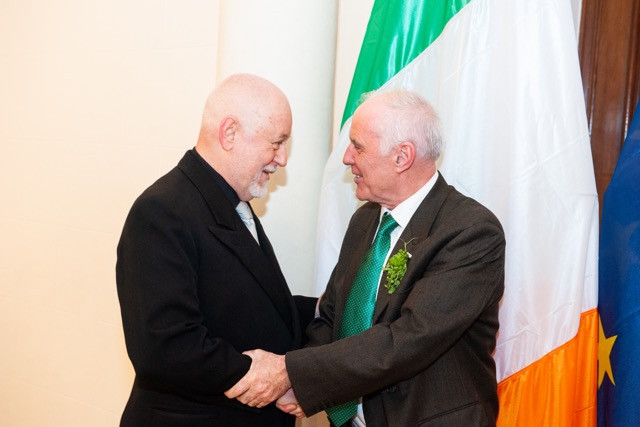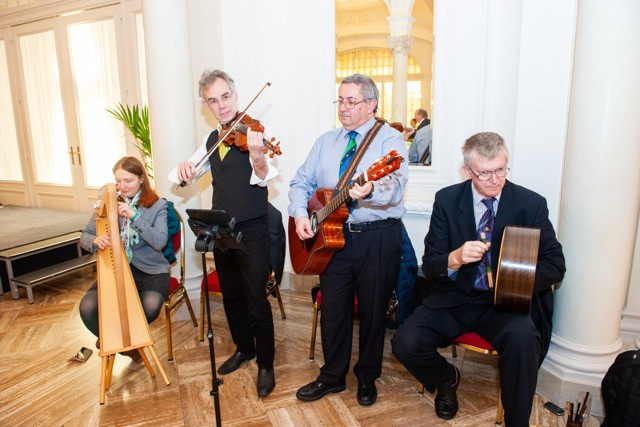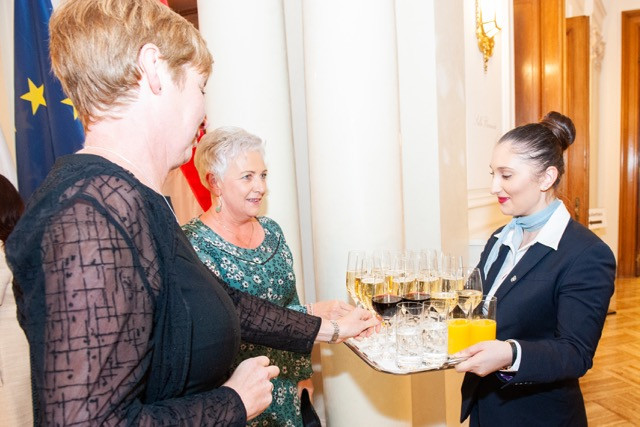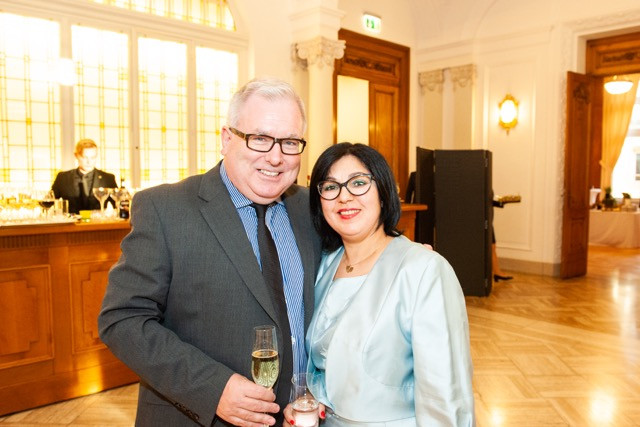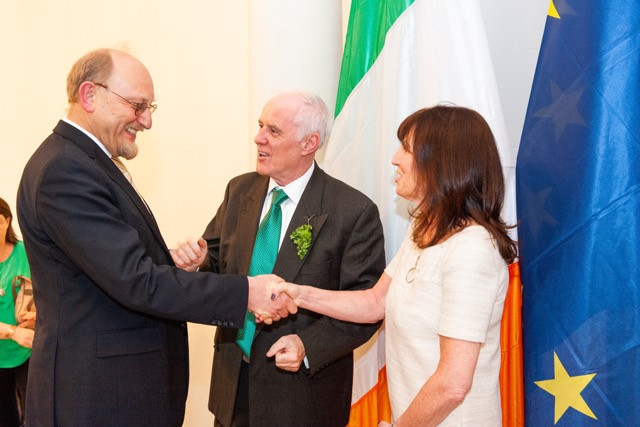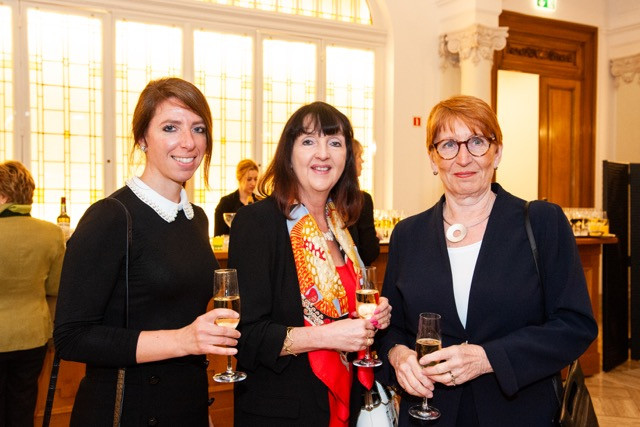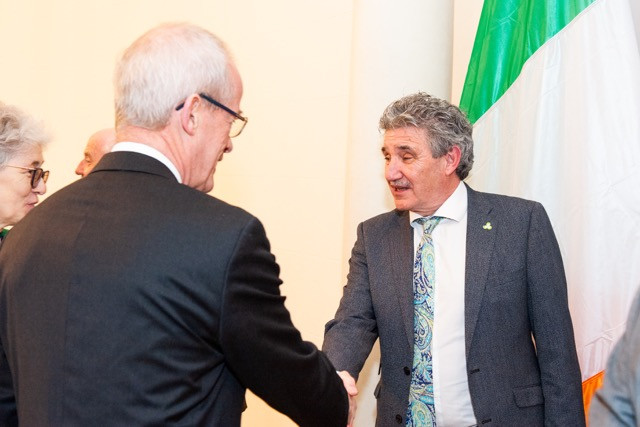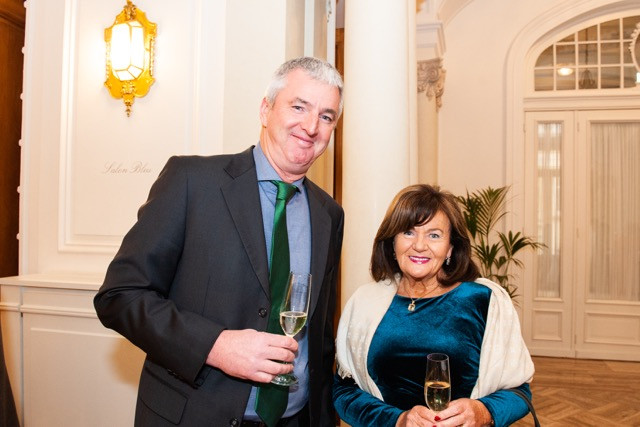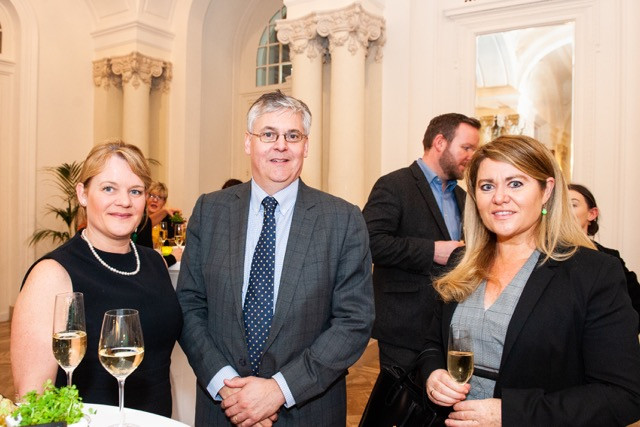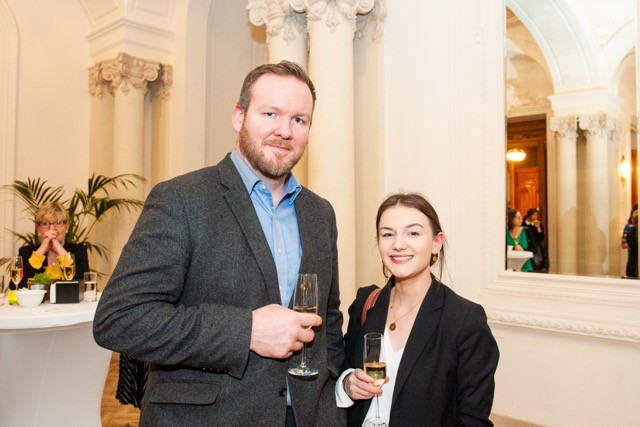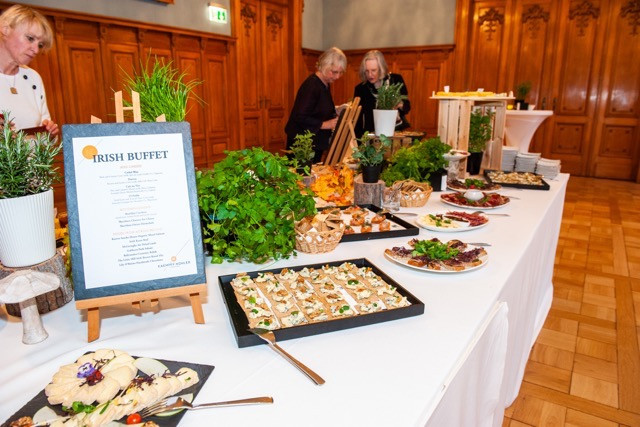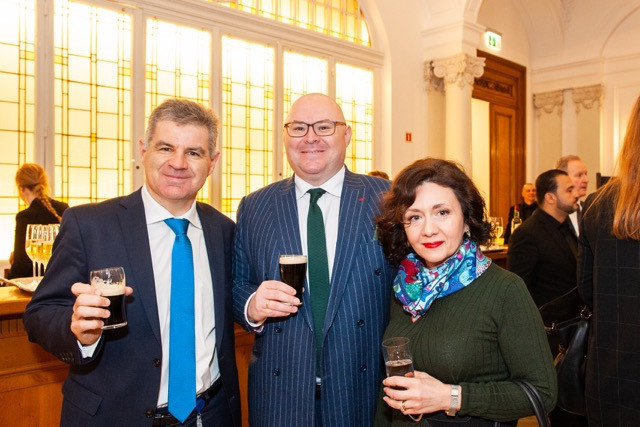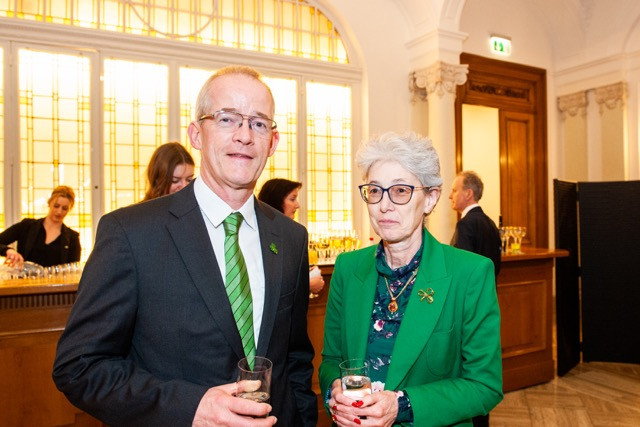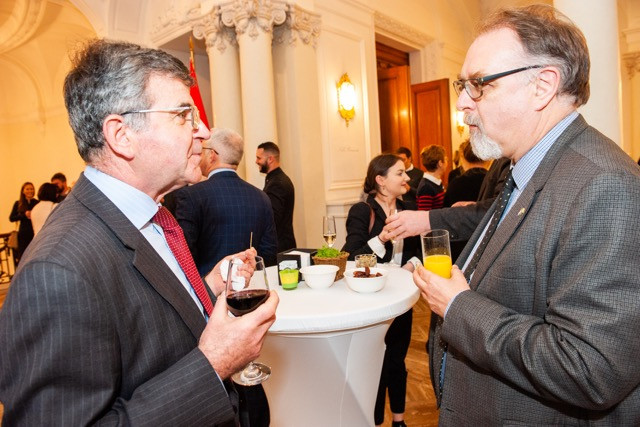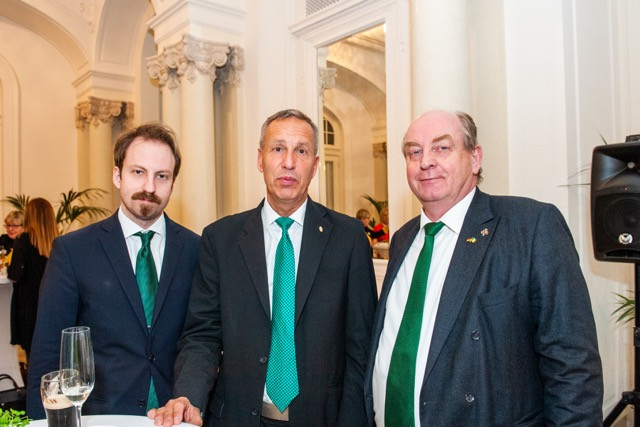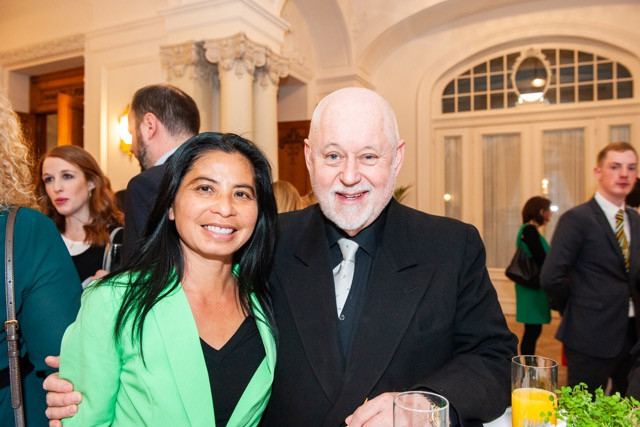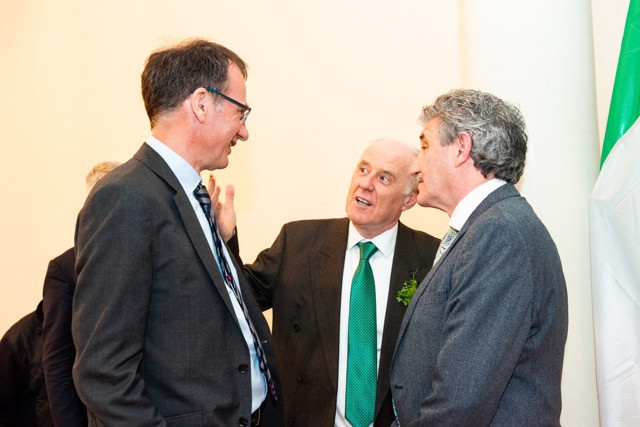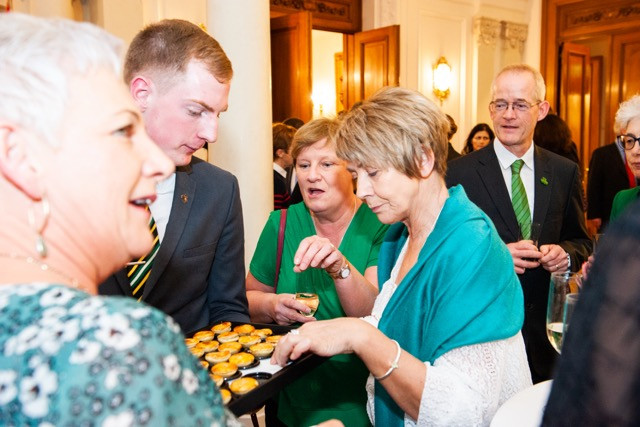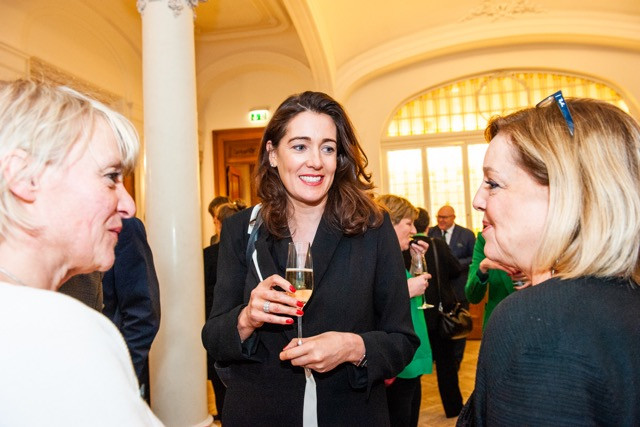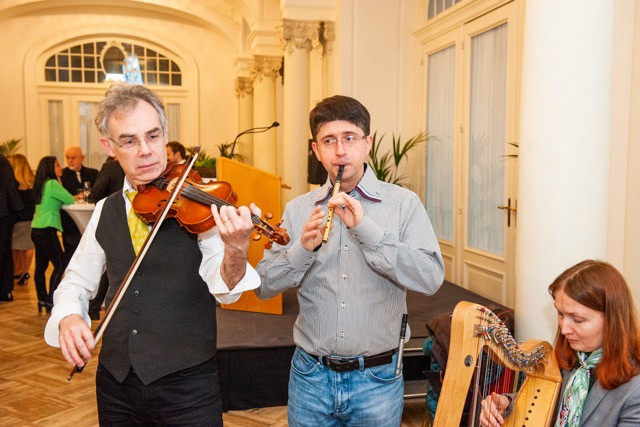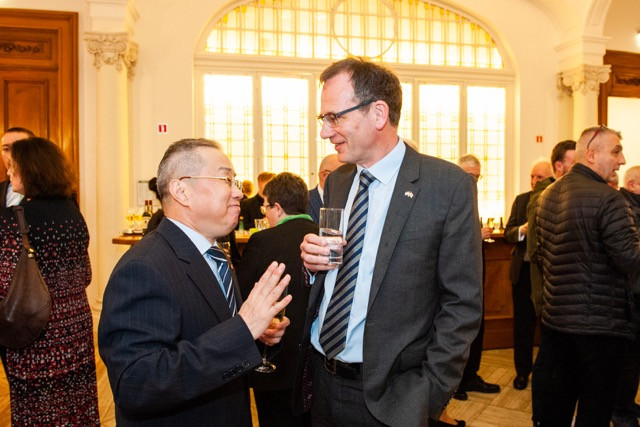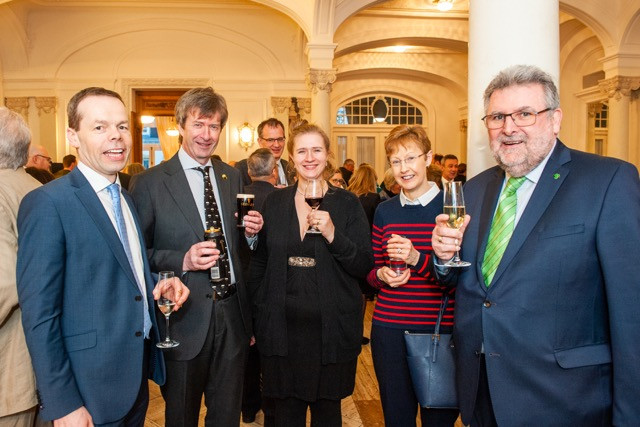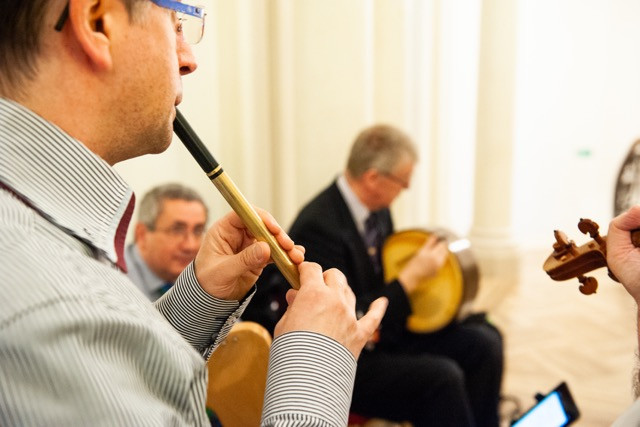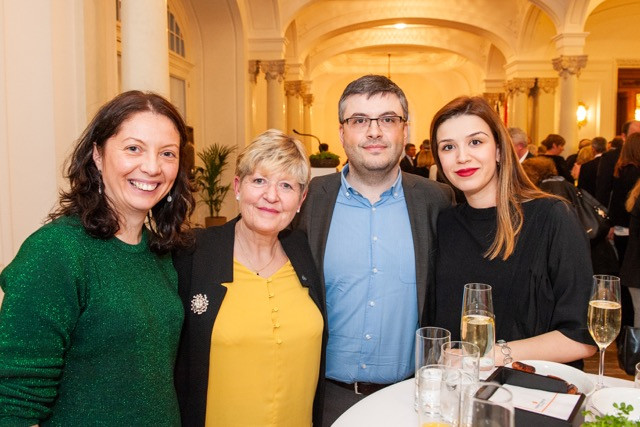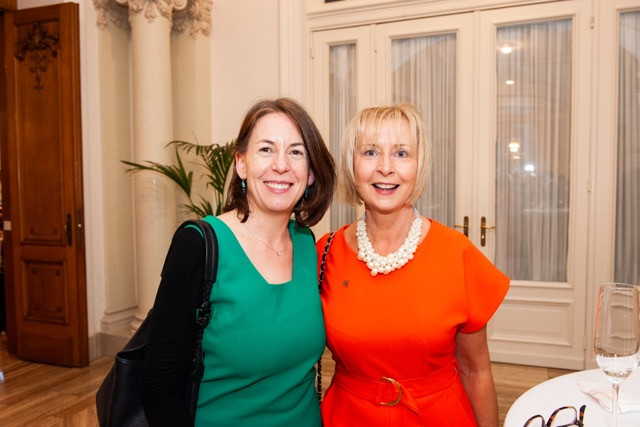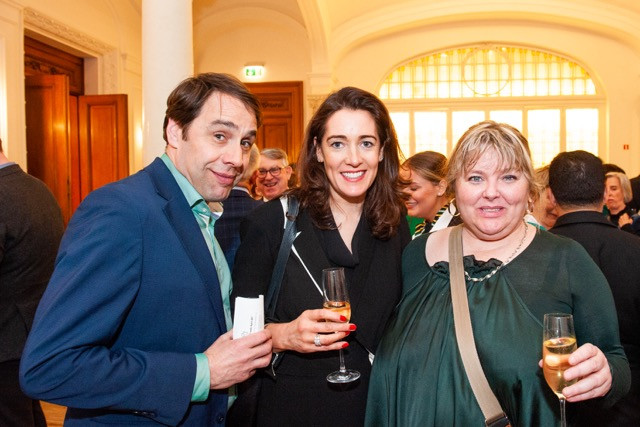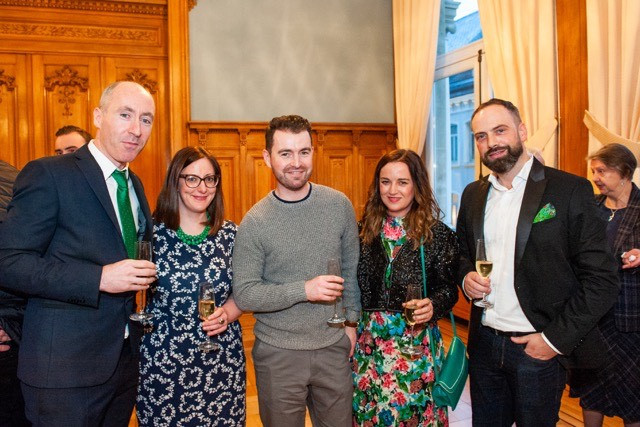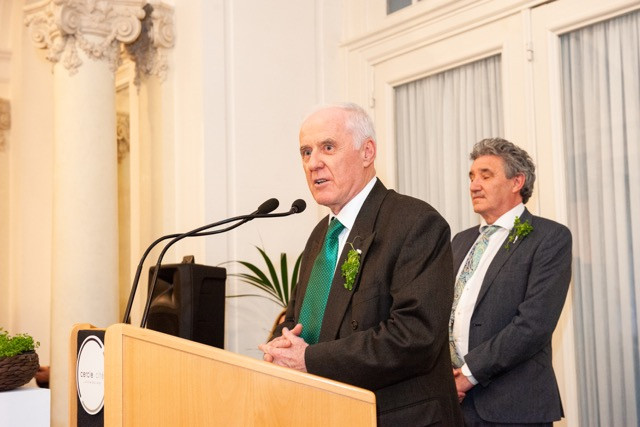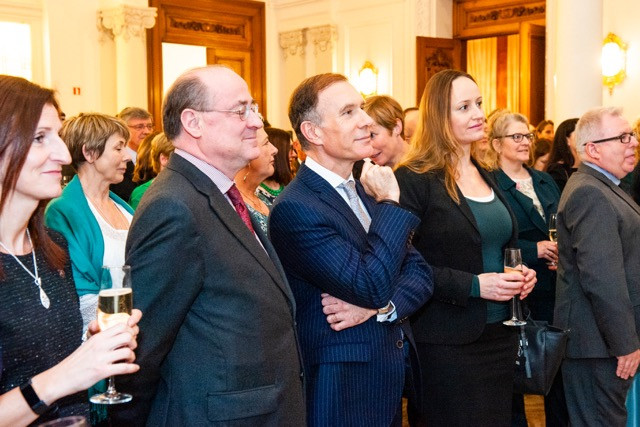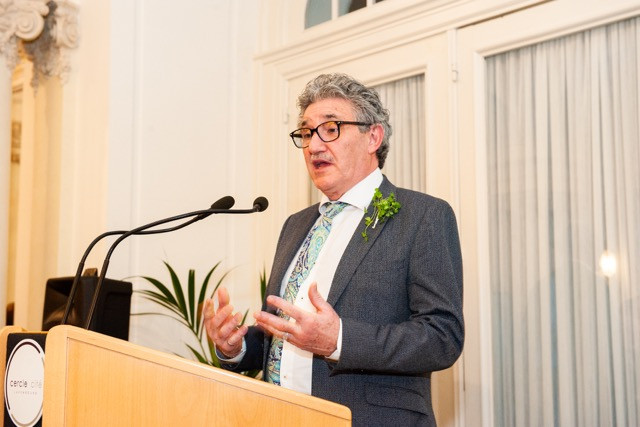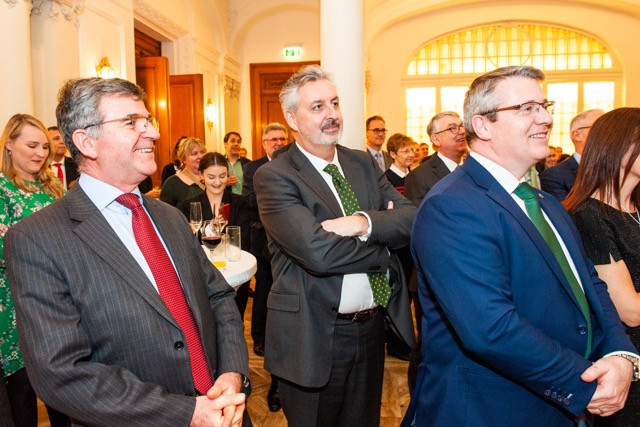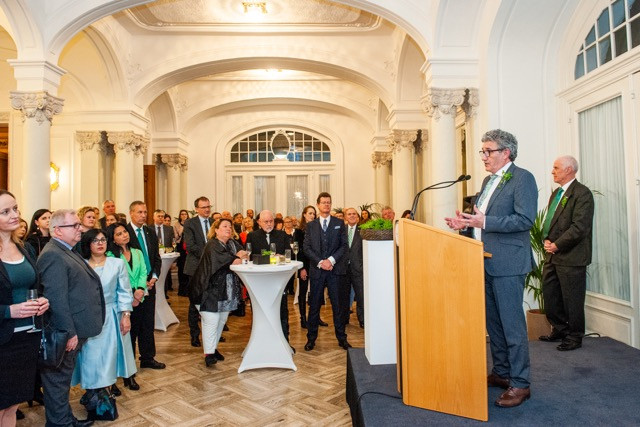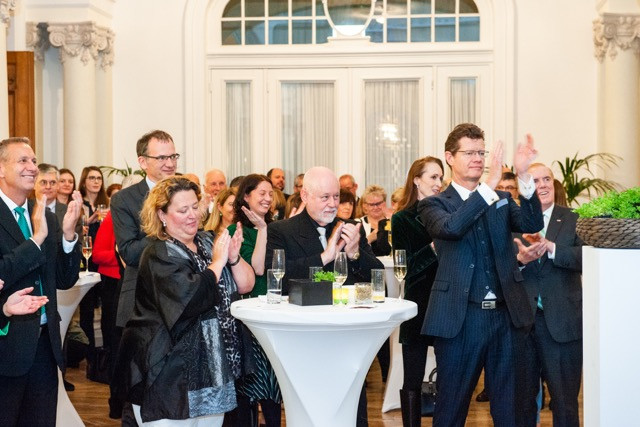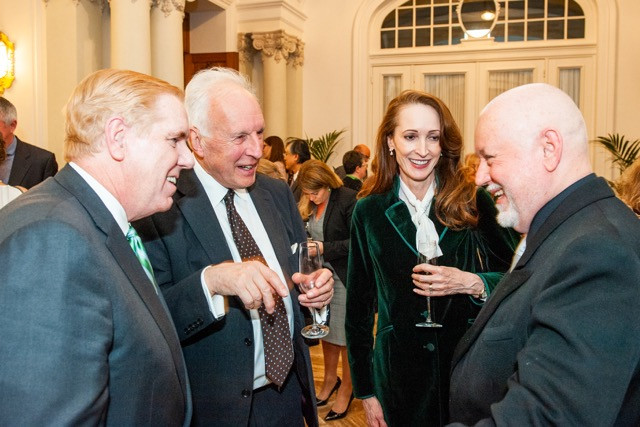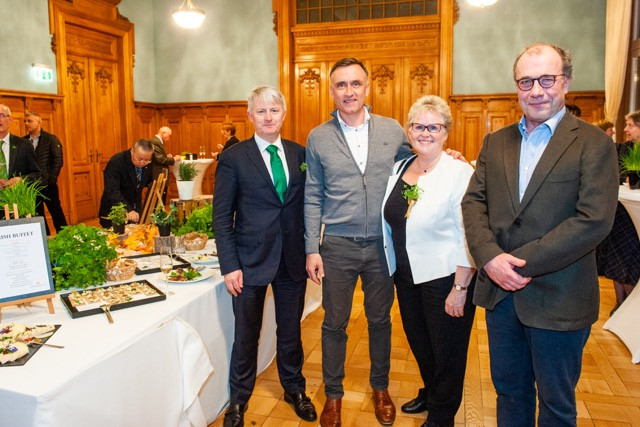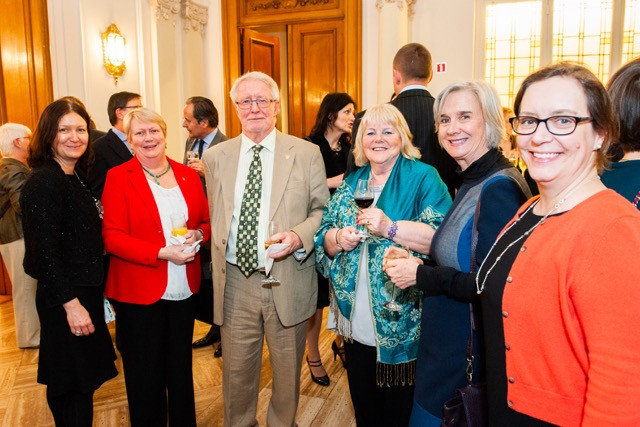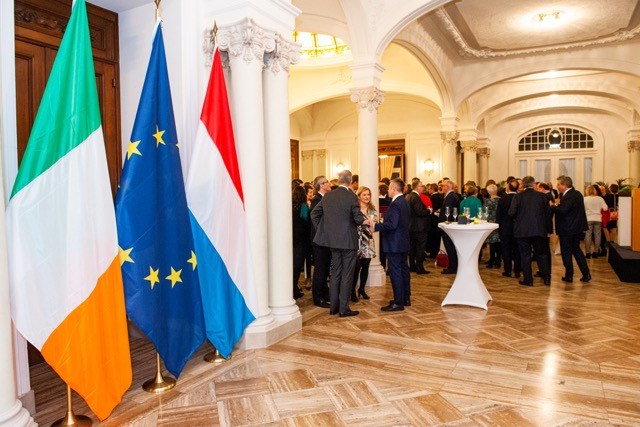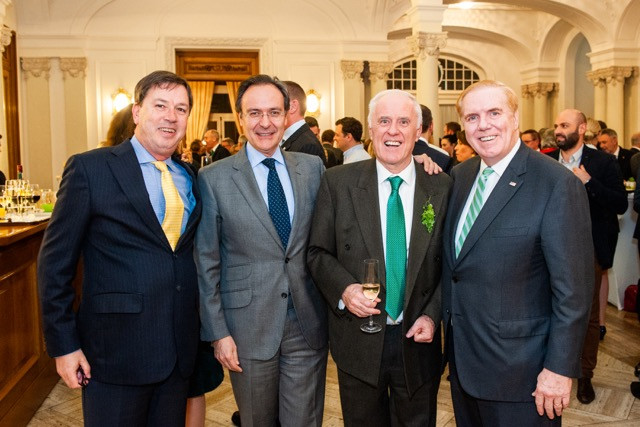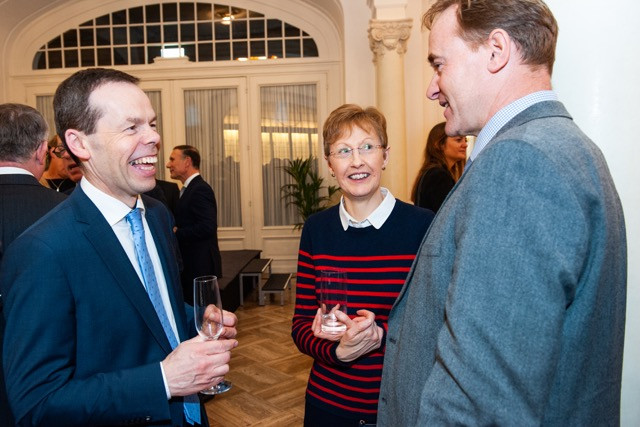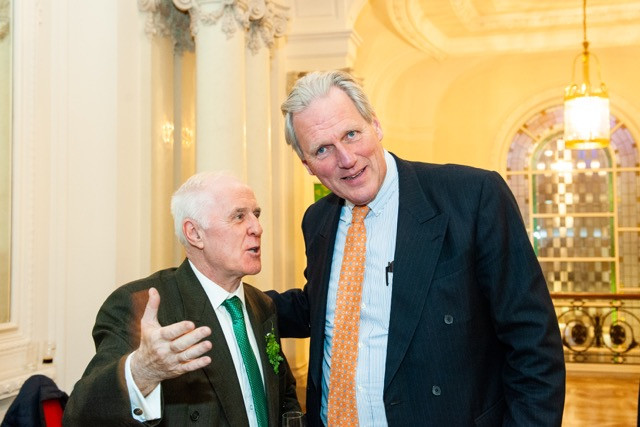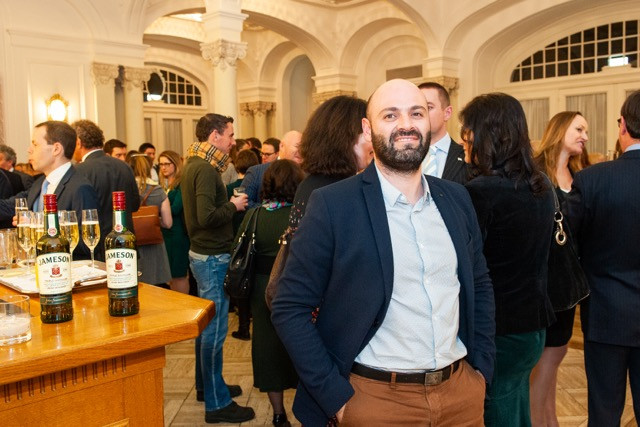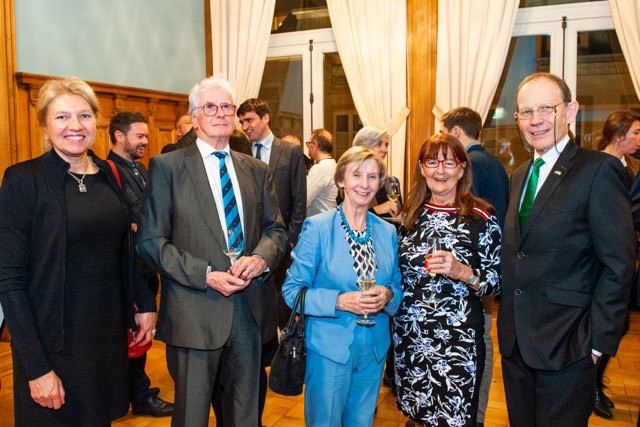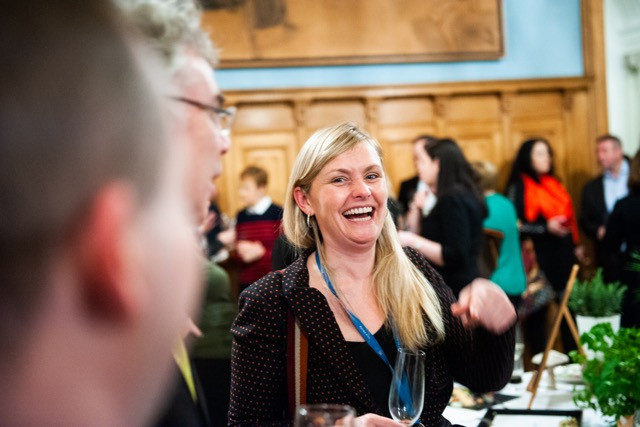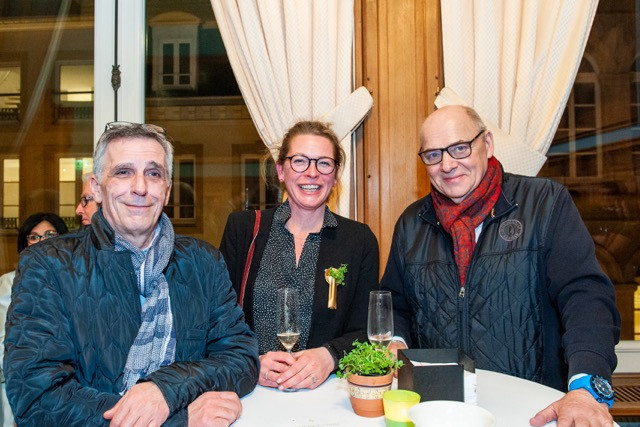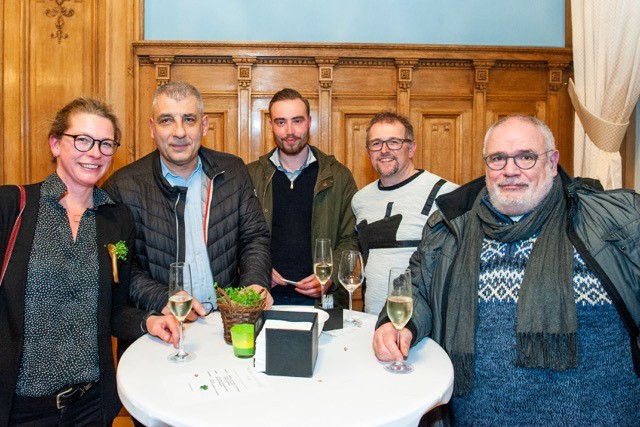The event welcomed Irish innovation and enterprise minister John Halligan, who had earlier met for talks with Luxembourg education minister Claude Meisch.
With Luxembourg subject to torrential rainfall on Thursday, Halligan joked to the 200 or so guests that he had been asked to bring something from Ireland, “so I brought the weather.”
The minister was reluctant to talk about Brexit but he did stress that the Republic of Ireland was in Europe for the long-haul and he talked briefly about the country’s economic recovery. “Ireland is a changed country from 10-15 years ago. If you saw the recession we went through, the banking crisis. Through shrewd fiscal management Ireland is a much better place today,” he said.
Among the measures which have helped with the economy's recovery have been EU funding, such as the Horizon 2020 programme, providing access to nearly €500m for Irish SMEs. “As a matter of fact, to refer to our SMEs, they are now regarded as the best-functioning in Europe. They provide over 65% of employment in Ireland,” he said.
The country has also made considerable progress in employment since the recession, with an unemployment rate of 5.2%, among the lowest rate in Europe.
In wishing all people from the island of Ireland a happy St Patrick’s day, Halligan also referred to the Good Friday Agreement, which led to greater cooperation between Northern Ireland and the Republic. This agreement led to the softening of borders between the two countries, which had been heavily guarded during the troubles. The removal of borders brought a substantial boost in trade of goods and services across the border, which is now threatened under a no-deal Brexit.
A proposed Irish backstop, which would maintain the status quo by temporarily keeping Northern Ireland in the customs union, has become a contentious part of the Brexit negotiations, which reached stalemate this week after the UK parliament rejected prime minister Theresa May’s withdrawal agreement. Britain has planned to leave the EU on 29 March. On Thursday night, parliament voted in favour of asking for a delay to this timetable.
“It’s still a temporary measure, as far as we’re concerned. If there’s a trade deal it won’t be needed. But these negotiations, we don’t know how long they will take. And there will be a lot of difficult issues to be sorted out,” Irish ambassador to Luxembourg Peadar Carpenter told Delano prior to the reception.
His main concern was preserving peace. “We might gain some jobs. But for us it’s not about jobs or money. It’s purely about peace on the island. We had over 30 years of conflict, 3,500 people died,” he said, adding: “The hope we have is that a child who was 10 when the Good Friday Agreement was signed is now 30. They are the parents of today, hopefully a new generation will come where over time we will have a healing.”
The reception, which was one of a handful of events to mark St Patrick’s Day in Luxembourg, was the last in the country for Carpenter, who returns to Dublin in the summer. He had already extended his mission by a year for continuity during the Brexit negotiations. He also told Delano earlier in the week that he leaves the Irish community in a good place: among other highlights, the British and Irish Film Festival turns 10 this year and an alumni association for Trinity University was recently established.
Click here to view more St Patrick's Day events in Luxembourg.
